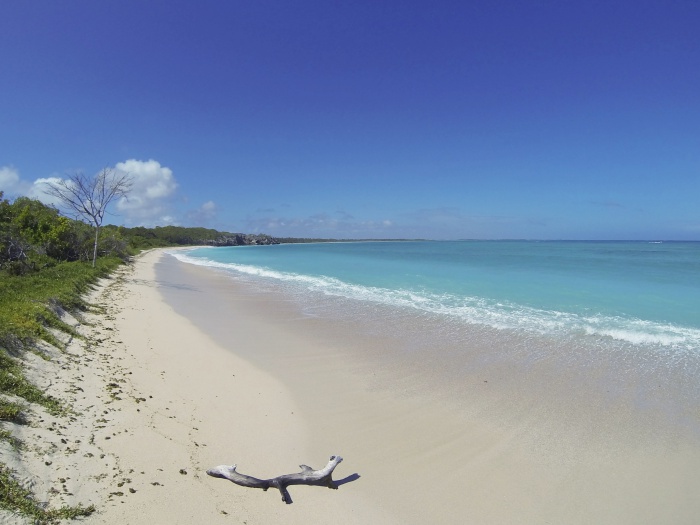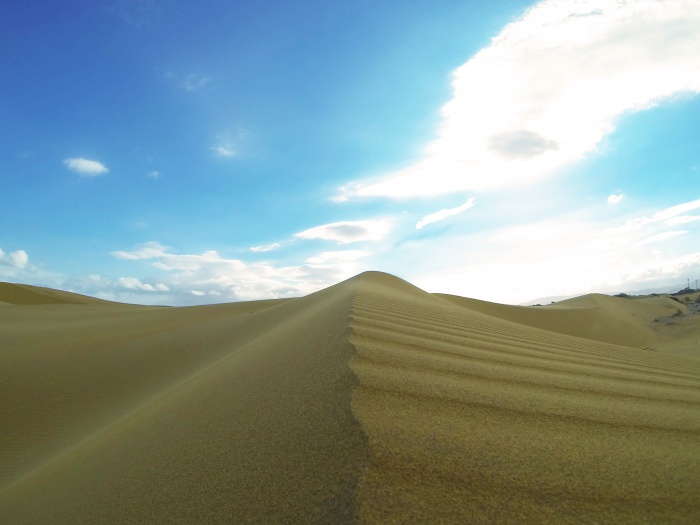Budget
Venezuela is a very cheap destination if you arrive with dollars or euros (in cash) and exchange them for bolivars at the black market (keep in mind, that such transactions may be somewhat risky). However, if you exchange money at the official exchange rate, pay with your credit card or withdraw bolivars from the ATMs, prices can get extremely high.

• Official prices for private rooms for two start at 15 USD (13 EUR) in Caracas. If you pay with dollars, you can stay in a five-star hotel for as little as 5 USD (4.3 EUR).
• Food prices are generally low. A budget dinner costs somewhere between 3 and 15 USD (2.5 – 13 EUR). If you pay with dollars, food prices are even cheaper.
• Transportation costs are low in Venezuela, especially if you travel by car – one gallon of gasoline costs only 0.01 USD.
To save some more money, check out our Budget cutting tips.
Where to stay
You can find great accommodation options on Booking. Make sure to search for private rooms popular for romance. 😉 On Airbnb you can rent furnished apartments – those are usually cheaper than most hotels and they offer you the real Venezuelan experience.
Best time to go
The weather varies by region and altitude. Generally, the best time to visit Venezuela is during the country’s dry season (from November to April). The best time to visit the Angel Falls is between May and October when the water levels are at their highest. Visiting the Caribbean coast is always a good idea. The temperatures in Venezuela are comfortably warm all year round.

Other information
♦ Planning and preparation: check out our planning routine here.
♦ Packing: check out the honeymoon adventurers’ ultimate packing list here.
♦ For other travel tips check out Travel like a pro, Travel for couples, Honeymoon styles, Honeymoon activities, Responsible tourism, and Travel resources.
♦ Language: The official language in Venezuela is Spanish. Check out the typical travel vocabulary (in English) here. Learn useful travel phrases in Spanish here.
♦ Currency: Venezuelan bolívar / Bolívar Fuerte (VEF)
♦ Visa or other entry requirements: All visitors to Venezuela are required to have a valid travel document (valid for at least 6 months) and a return ticket. Visa requirements depend on the traveler’s nationality. Citizens of some countries must obtain a tourist visa in advance, others may enter the country on a tourist card issued on arrival. For more information contact your Ministry of Foreign Affairs or the nearest Venezuelan embassy or consulate.

♦ Electricity standards: The power plug types in Venezuela are A and B, the standard voltage is 120 V and the standard frequency is 60 Hz.
♦ Time zone: UTC-04:00
♦ Immunization recommendations and requirements: There are no vaccination requirements for visitors to Venezuela. However, it is recommended to get travel vaccines and medicines for tetanus, hepatitis B, typhoid, hepatitis A, rabies, yellow fever (since it is a risk in certain parts of Venezuela), and malaria. To prevent malaria avoid mosquito bites. Currently, Zika virus is a risk in Venezuela.
♦ Health and safety tips:
Venezuela is not a very safe country, as our hosts constantly emphasized. Big cities, such as Caracas are particularly dangerous. However, if you follow the usual travel safety precautions, take advice from the locals and do your best to blend in, you should be fine.

The usual travel safety precautions:
- Leave your jewelry and other valuable belongings in the hotel safe.
- Keep your emergency cash apart from the rest of your money.
- Dress comfortably and carry only the items you will need for the day.
- Don’t carry a lot of money.
- Always make sure to lock your room before leaving the hotel.
- Be aware of your surroundings at all times.
- Stay in well-lit areas.
- Try to maintain a low profile and do your best to fit in.
- Carry a travel wallet/money belt/money pouch for carrying money and documents safely.
- Avoid contact with potential scam artists.
- Avoid showing off valuable belongings (like cameras) in public.
- Don’t count your money in public.
- Keep an eye on your belongings at all times.
For other common safety concerns in Venezuela, check out Lonely Planet’s safety tips. For health concerns check out Lonely Planet’s health tips.
To stay healthy while traveling, check out our health travel tips.
• Tap water in Venezuela is not safe to drink. Drink bottled or filtered water instead.
* Always make sure to reuse a water bottle to cut down on waste.
• Venezuela is very close to the equator and the sun is very strong. Therefore, always make sure to use sunscreen.

♦ Local Customs: Venezuelans are very warm, friendly, open, direct, expressive and respectful. In Venezuela, good manners and respectful behavior are highly valued. When entering a room, it’s customary to say hello to everyone (buenos días or buenas tardes). When meeting someone personally a friendly handshake is customary; friends kiss on one or two cheeks. There is no particular dress code required on the streets of Venezuela. Avoid wearing a bikini elsewhere than on the beach. Revealing clothes may be frowned upon, especially in formal circumstances. Venezuelans pay a lot of attention to appearance, therefore always do your best to be properly groomed. Tipping is much appreciated. Try to avoid topics like politics.
Check out top things to see and do in Venezuela, as well as top romantic experiences and adventures here.
Leave a Reply